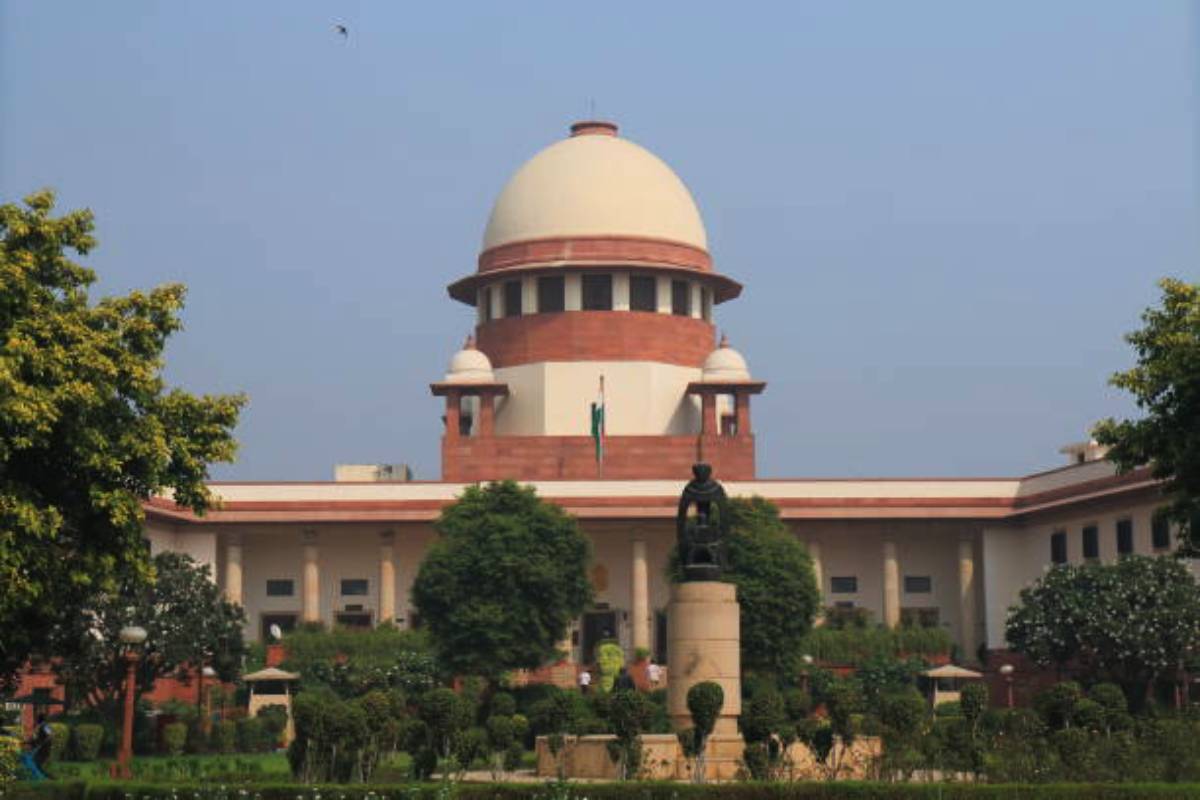Justice Verma and cash discovery row: Delhi HC Chief Justice to submit report to CJI today
“The report will be examined and processed for further and necessary action,” the statement said.
Senior advocate Shyam Divan, appearing on behalf of the Bihar government, submitted that the state required only 10 days to complete the process.

File Photo
The Supreme Court on Thursday refused to interfere with the Patna High Court’s interim order, staying the caste survey by the Bihar government.
A bench of Justices Abhay S. Oka and Rajesh Bindal queried as to why the court should interfere with the high court order at this stage and asked the Bihar government to place its arguments before the high court, which has scheduled the hearing of the matter on July 3.
Advertisement
Senior advocate Shyam Divan, appearing on behalf of the Bihar government, submitted that the state required only 10 days to complete the process.
Advertisement
As the state government insisted on an order from the top court, the bench said it would have to examine if the exercise being carried out is a census in garb of survey, which has been pointed out by the high court, adding that “this is not a case where we can grant you interim relief”.
The state government counsel maintained that the survey was not on a 100 per cent basis like a census but voluntary for the people and argued that the state has got legislative competence to collect statistics.
After hearing submissions, the apex court scheduled the hearing of the state government plea on July 14, if the high court is not able to hear the matter.
The Bihar government filed an appeal challenging the May 4 order of the high court. The state contended that the stay will adversely affect the entire exercise and collection of caste-based data is a constitutional mandate under Articles 15 and 16.
It contended that it has already completed more than 80 per cent of the survey work in some districts and less than 10 percent of the work is pending. It further argued that the stay on the collection of data would cause a huge loss and if finally, the action of the state is upheld, the state would be required to put logistics in place with additional expenditure and burden on the public exchequer.
The high court, while hearing a batch of petitions, had directed the state government to immediately stop the caste-based survey. It also asked the state to ensure the data collected is secured and not shared with anybody until final orders in the matter.
It had suspended the caste survey by prima facie holding that the state government does not have power to undertake such an exercise and observed that the caste-based survey is a census in the garb of a survey.
Advertisement